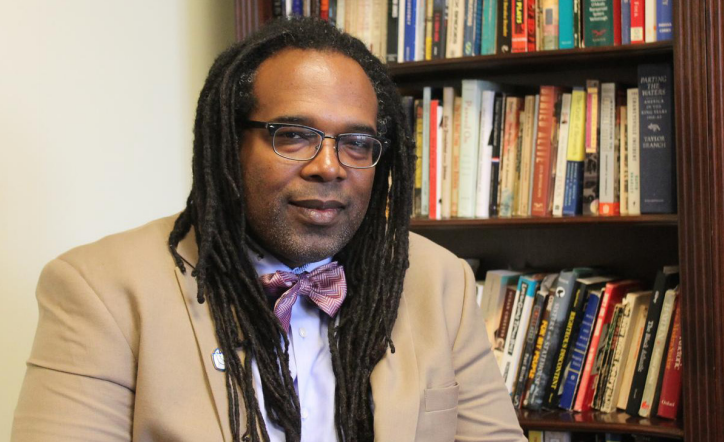Within the past few months, the issue of “safe spaces” and whether they should exist has taken precedence in the academic community.
In general, a “safe space” is a place where students can freely express themselves without fear of being personally attacked for their ideas.
Dr. Jonathan Smith, Chief Diversity Officer for SLU, weighed in on the topic during an interview. He made it clear that the definition of a “safe space” changes from institution to institution.
The diversity of responses to this debate showcased by the range of positions various universities have expressed publicly.
In a January opinion piece for The Washington Post, Northwestern University’s President Morton Schapiro wrote, “We all deserve safe spaces… students don’t fully embrace uncomfortable learning unless they are themselves comfortable. Safe spaces provide that comfort. Te irony, it seems, is that the best hope we have of creating an inclusive community is to first create spaces where members of each group feel safe.” Schapiro has what might be called a fatherly perspective; by separating students into exclusive groups, he hopes to help them grow intellectually then come together and somehow create an inclusive community.
In the summer, the University of Cape Town disinvited Danish author and editor Flemming Rose to speak at a school lecture. Rose prompted backlash by publishing controversial cartoons depicting the prophet Muhammed in 2005.
Cape Town released a statement saying, “Our campuses have become charged spaces, in which ideological and social fault-lines have become intensely politicized, sometimes violently so. We are committed to weathering these storms in ways that acknowledge and protect the need for safe spaces to confront and debate such matters.” The university wanted their students to have a “safe space” on campus where they could express themselves and exchange ideas without fear.
And in late August, the University of Chicago took a much different approach when they sent a letter to their incoming class of 2020 and proclaimed that the university would not have safe spaces: “Our commitment to academic freedom means that we do not support so-called ‘trigger warnings,’ we do not cancel invited speakers because their topics might prove controversial, and we do not condone the creation of intellectual ‘safe spaces’ where individuals can retreat from i d e a s and perspectives at odds with their own.” The University said that it hoped to introduce their students to the “real” world where people do not always agree with each other.
In describing SLU’s response to the issue, Dr. Smith said “Civility is the cornerstone that we need to have with conversations and safe spaces . Without civility you can’t have either, and without safe space you can’t have conversation.”
He referenced President Pestello’s ‘Message from the President’ video from two weeks ago, in which Pestello said that contradictory opinions occur naturally at a university and students should “seek to reach the core of our disagreements and to know the hearts of others.”
Dr. Smith emphasized the concept of “cura personalis,” caring for the whole person, saying “if we enter a conversation with the idea of ‘cura personalis,’ it pulls us toward civility and helps us understand people who are different than us.” He added that in an ideal situation, the whole University should be a safe space. Students should treat each other with respect and discuss difficult subjects without fear of being silenced, shunned or judged.
“A safe space is not an either/or issue, civility should be central to how we act around each other and how we treat each other. Within a university community, I think most of us want to be challenged, but conversations need to have a mutual respect.”






